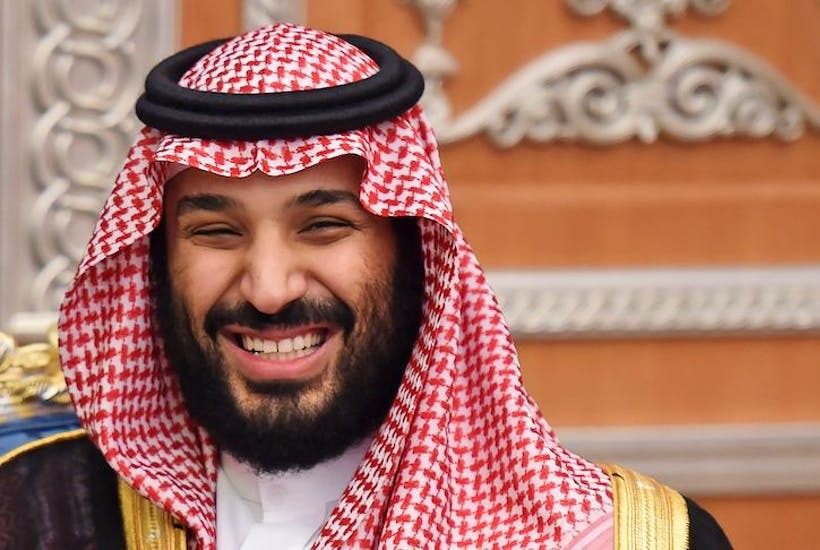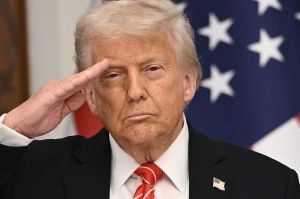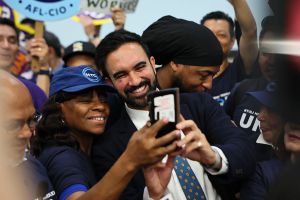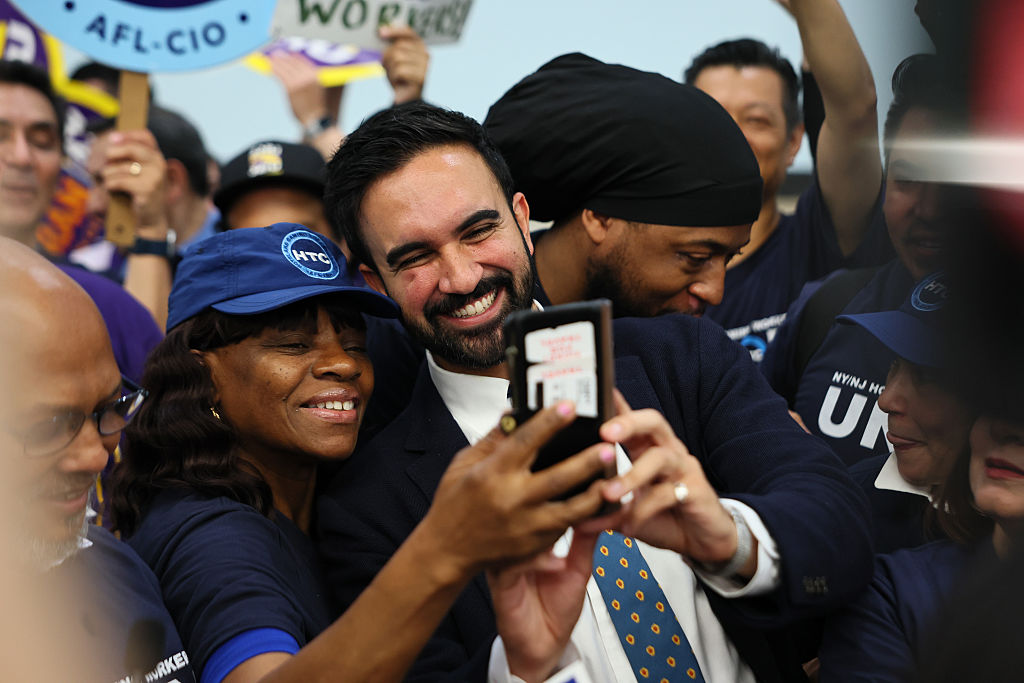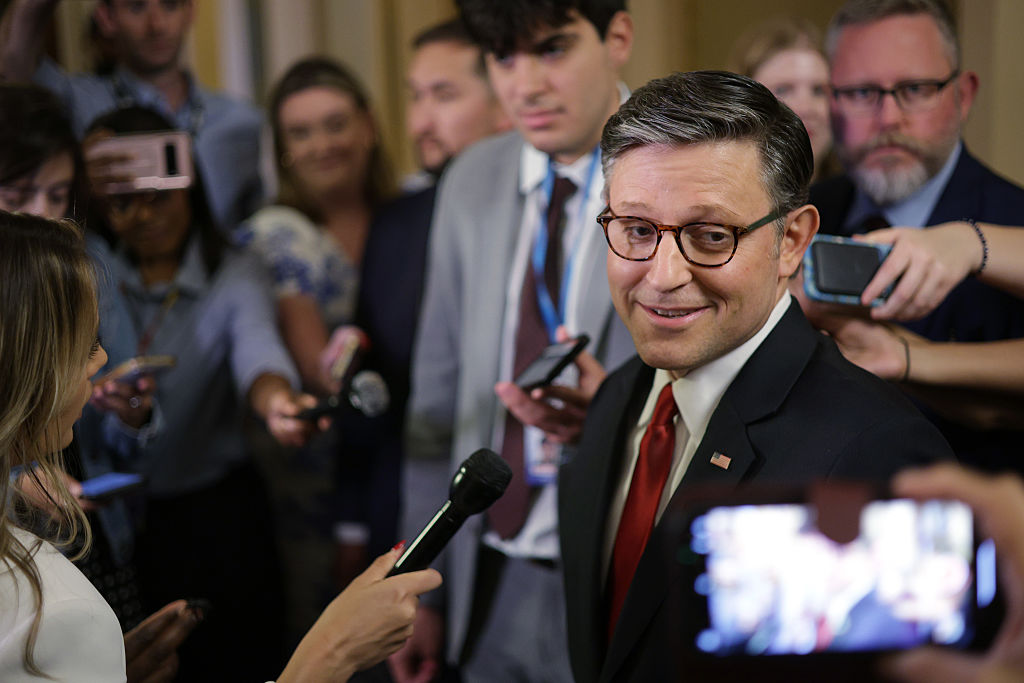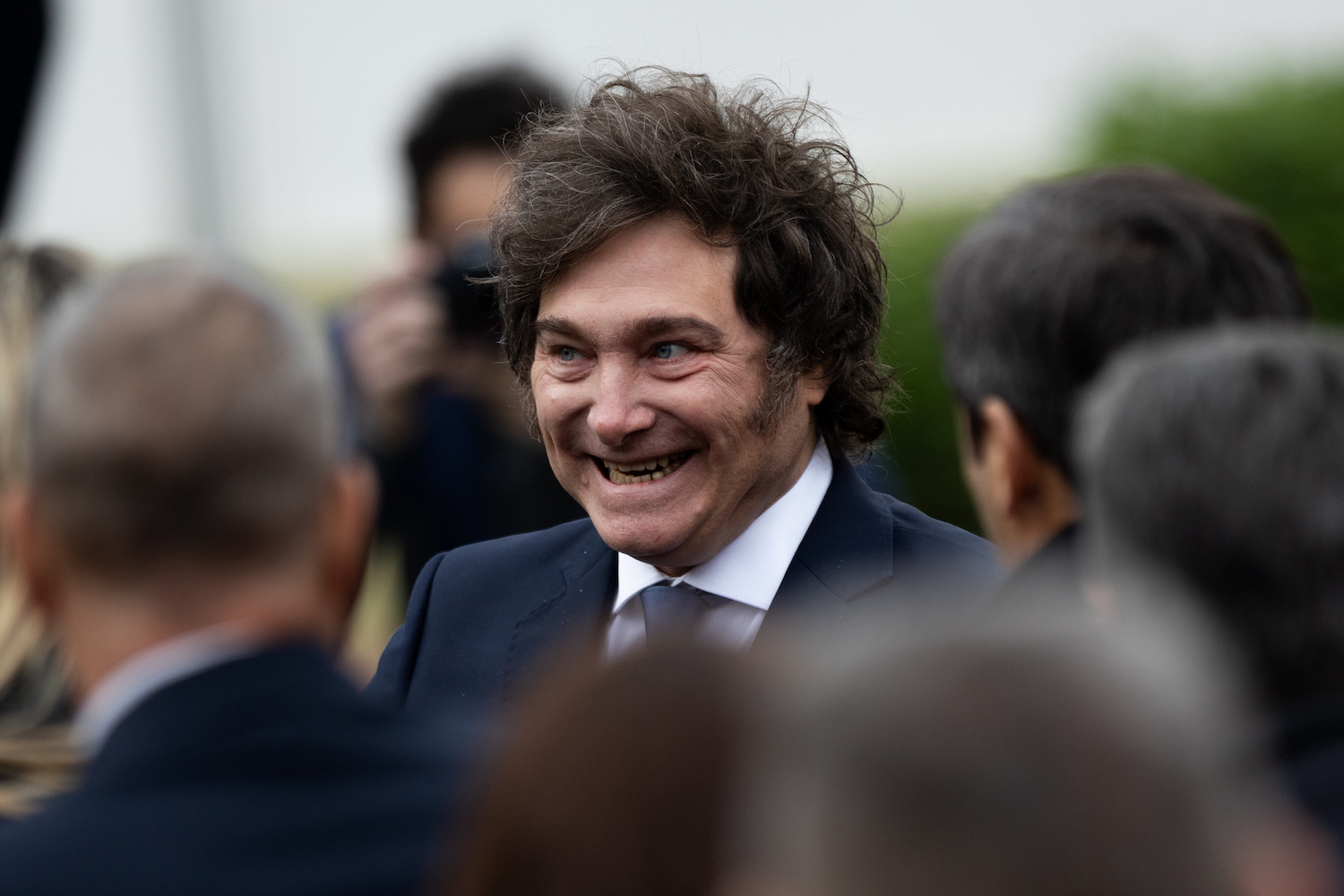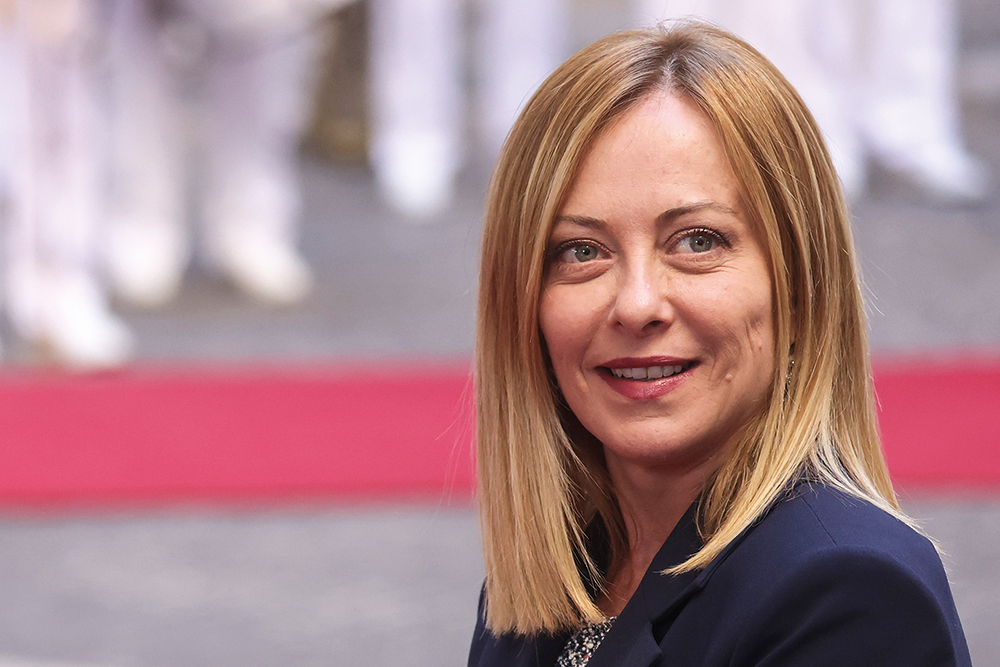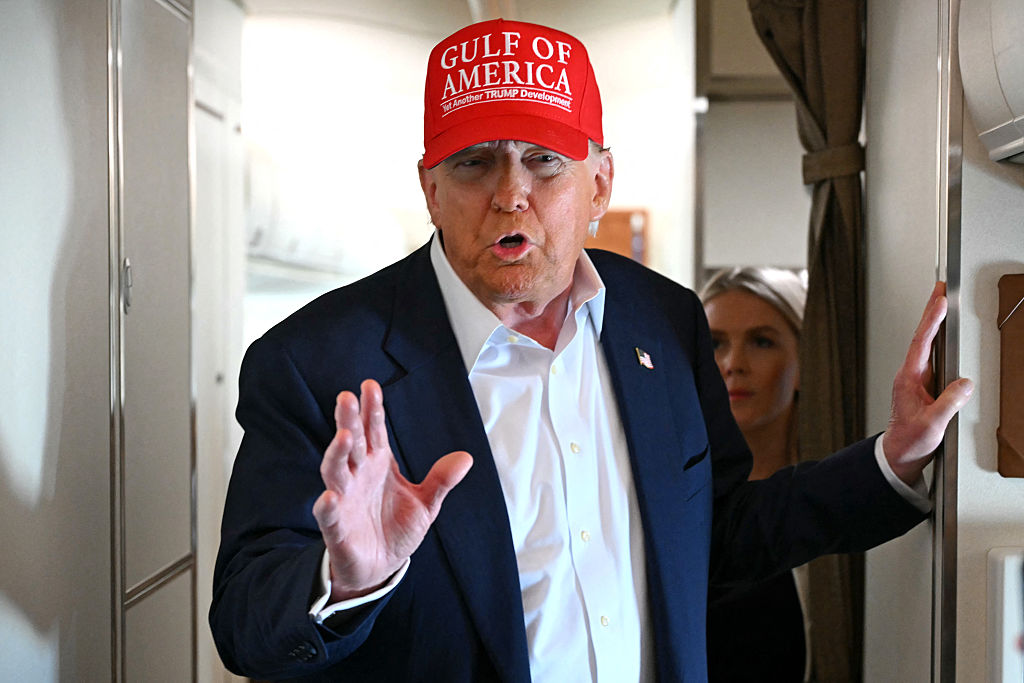In an interview this month, Mohammad bin Salman offered an extraordinarily frank assessment of how to combat terrorism. It means rooting out Islamist ideology, he said, as much as sharing intelligence.
This should provide plenty of food for thought to the cynics who argue against being taken in by his much-trumpeted embrace of a more moderate Islam. We have a Saudi crown prince who is meeting Donald Trump today, and who is being more frank about Wahhabi-inspired terrorism than some of those in the West. Just last year, the UK government saw fit to suppress a report that found a link between Saudi-funded mosques and Isis-inspired terrorist attacks. It was kept quiet because Britain didn’t want to upset the Saudis. So not only does bin Salman have a thicker skin than his predecessors, he has inadvertently shone a bright light on the cowardice of some of the West’s political leaders.
Western intelligence services and top diplomats are in fact already in receipt of a draft Saudi initiative that outlines how Riyadh plans to end the kingdom’s financial support for Wahhabism around the world. This will take place in tandem with eradicating the menace at home. The latter process, of course, is already well under way, with the easing of restrictions governing the segregation of the sexes in public, a massive investment in public entertainment venues, the marginalisation of the religious police and the encouragement of women to enter the workforce.
It’s not that a certain amount of scepticism isn’t normally justified — indeed, it’s absolutely necessary — when it comes to the historically double-dealing House of Saud. I know that as well as anybody. Few other Middle East commentators have highlighted more consistently over the past few decades — including in The Spectator — the moral hypocrisy at home and terror-funding abroad that has for so long defined the way the Saudis have done business. And I have long since grown tired of the lofty promises of political reform promised by new leaders after they were handed the reins of power, which invariably came to nothing.
With Bin Salman, though, things are different. For a start, he is not spouting reform rhetoric by sucking up to critics in the West, who naively see progress in terms of introducing western-style pluralism and democracy. Thus far, he has made no such commitments. Nor should he do so, at least in the medium term.
We in the West are rightly appalled when crazed Wahhabi clerics stand in our midst, calling for the implementation of sharia. But somehow we fail to see the hubris of our own evangelical promotion of an equally alien liberal democracy in their part of the world, not infrequently at the barrel of a gun. As a Saudi commentator recently reminded an intrepid western correspondent, moderate Islam doesn’t mean no Islam at all.
And, truth be told, if it is Islam that got the Saudis into the almighty mess they find themselves in, it is probably Islam that will get them out of it. The Arab Spring has shown how choosing the path of pluralistic democracy leads inexorably to chaos and bloodshed, and to the better-organised Islamist parties triumphing at the ballot box, even in historically secular countries like Tunisia and Egypt. Thankfully, Bin Salman appears to understand that the last thing his country needs is a quick and messy transition to democracy, and that there is a third way open to Saudi Arabia. This is hinted at by the proposed $500 billion mega-city that symbolises the Saudi Vision 2030 plan that Bin Salman has pinned his country’s hopes on for economic transformation.
In the promotional videos, it looks like Singapore on steroids. Could it be that Bin Salman has ambitions to be a kind of Arab version of Lee Kuan Yew? He could certainly do much worse than emulate that benevolent dictator, who famously oversaw the rapid transformation of the Asian city state — From Third World to First, as the title of his book had it — by restricting western-style democracy, freedom of expression and political participation. During its own momentous period of transition, Saudi Arabia, too, needs political stability and a strong, authoritarian leader, one who is guided by the Singaporean philosophy that political liberalisation can only happen slowly and in the wake of strong economic progress.
The risk of revolutionary upheaval in Saudi Arabia, in any event, is hugely overblown. Unlike Iran under the Shah before the 1979 revolution and Egypt under Mubarak before the Tahrir uprising in 2011, Saudi Arabia does not have a large industrial sector with organised trade unions. Immigrants do most of the crap jobs. Nor does the kingdom have a plethora of political parties, ranging from communist to Islamist. Or a vibrant opposition media. Street demonstrations, workers’ strikes? They are unheard of. The Islamists, rather than waiting in the wings as they were in Iran and Egypt, are on the royals’ pay roll or jailed.
There is poverty and unemployment, but the statistics are not too different from what you find in southern Europe. Per capita income is the same as the United States. Nor, more to the point, is Saudi society anywhere near as brutal and cruel as were pre-revolutionary Iran and Egypt. Sure, for anyone who crosses the line of what is permissible, torture can become a reality. However, for everyone else, even seeing a police officer when you are out and about is a rarity.
Most importantly, Bin Salman is not hated in the way that the Shah and Mubarak were. In fact, he has the overwhelming support of a mostly youthful population who are desperate for greater freedoms but also, like him, by nature conservative and enamoured of tradition. In short, anticipating a massive backlash is to misunderstand how Wahhabism, like communism in the Soviet Union, has been used in Saudi Arabia to oppress, rather than pacify, the masses. Outside of its birthplace in the central Najd region, the masses never bought into it.
I worked as a journalist and editor in the kingdom for three years in the early 2000s, when I was allowed to travel wherever I liked and talk to whomever I pleased (without the usual government-appointed minder). During my numerous trips, from the big cities to the most remote regions, what struck me most, apart from the extraordinary warmth and hospitality of the people, was the remarkable resilience of cultural identities: how they flourish in private and in the local, strongly rooted communities, despite the strange, faceless rule of the Wahhabis over all public life.
Today, I am not in the least surprised that the vast majority of Saudis are eager to break free of the shackles. We should back Bin Salman as he guides them away from the Wahhabi nightmare toward a freer and hopefully more prosperous future.



